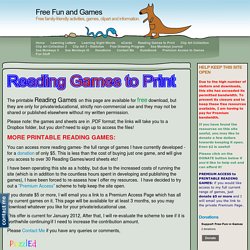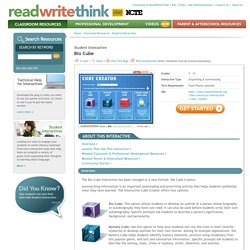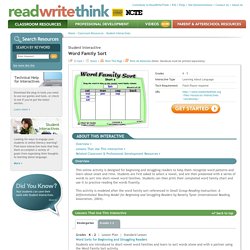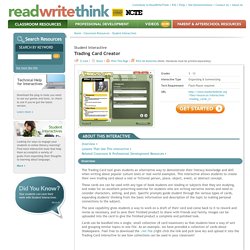

Lesson Plans, Teaching Guides, Learning Resources (LessonIndex.com) Reading Games to Print - Free Fun and Games. FISH (word cards) I created these fish cards because I needed a quick, cheap way of making different word cards to use in fun games with my various small groups.

All the children love to play the 'fishing' game. I use a 'rod' made from a plastic stick bought from a party shop (the kind they tie a balloon to), but you can use any kind of light stick; it has a short piece of string/thin ribbon with a small magnet taped onto the end. These fish are very easy and super cheap to make- just print/copy sheets of fish onto paper (thick/coloured paper if you wish), and cut out the 'cards'. I can do 5 sheets at once on the cutter, so I get lots of fish cards. You just need to put the 'fish', word side down, on the floor, have the children sit around, and let them try to 'catch' the fish and read the words on the back. I use the fish 'cards' for different kinds of words: sight vocab, 'bossy e', words with consonant blends, ee/ea words, etc., depending on the need of the group.
The rules we use are: Word Games to Test Vocabulary and Strategy. Bio-Cube. The Bio Cube interactive has been changed to a new format: the Cube Creator.

Summarizing information is an important postreading and prewriting activity that helps students synthesize what they have learned. The interactive Cube Creator offers four options: Bio Cube: This option allows students to develop an outline of a person whose biography or autobiography they have just read; it can also be used before students write their own autobiography. Specific prompts ask students to describe a person's significance, background, and personality. Mystery Cube: Use this option to help your students sort out the clues in their favorite mysteries or develop outlines for their own stories. Story Cube: In this cube option, students can summarize the key elements in a story, including character, setting, conflict, resolution, and theme. Create-Your-Own Cube: Working on a science unit? Students can save their draft cubes to revise later. Related Classroom & Professional Development Resources. Just Riddles and More...! Cloze: Build Custom Cloze Activities.
Amazing Adventure Series - Read Along Stories and Movies for Chi. ImprovComedy.Org. Mad Libs© and Mad Libs Junior™Teacher Guides. Word Family Sort. This online activity is designed for beginning and struggling readers to help them recognize word patterns and learn about onset and rime.

Students are first asked to select a vowel, and are then presented with a series of words to sort into short-vowel word families. Students can then print their completed word family chart and use it to practice reading the words fluently. This activity is modeled after the word family sort referenced in Small Group Reading Instruction: A Differentiated Teaching Model for Beginning and Struggling Readers by Beverly Tyner (International Reading Association, 2004). Grades 3 – 5 | Lesson Plan | Recurring Lesson Sort, Hunt, Write: A Weekly Spelling Program It's easy to make spelling fun. Grades K – 2 | Student Interactive | Learning About Language Construct-a-Word Using Construct-a-Word, students learn letter-sound correspondence by combining a beginning letter or blend to a word ending to create words. Word Wizard ABC Match. FreeRice. Welcome to Discovery Education's Puzzlemaker! Create crossword p.
Character Trading Cards. The Trading Card tool gives students an alternative way to demonstrate their literacy knowledge and skill when writing about popular culture texts or real world examples.

This interactive allows students to create their own trading card about a real or fictional person, place, object, event, or abstract concept. These cards are can be used with any type of book students are reading or subjects that they are studying, and make for an excellent prewriting exercise for students who are writing narrative stories and need to consider characters, setting, and plot. Specific prompts guide student through the various types of cards, expanding students' thinking from the basic information and description of the topic to making personal connections to the subject.